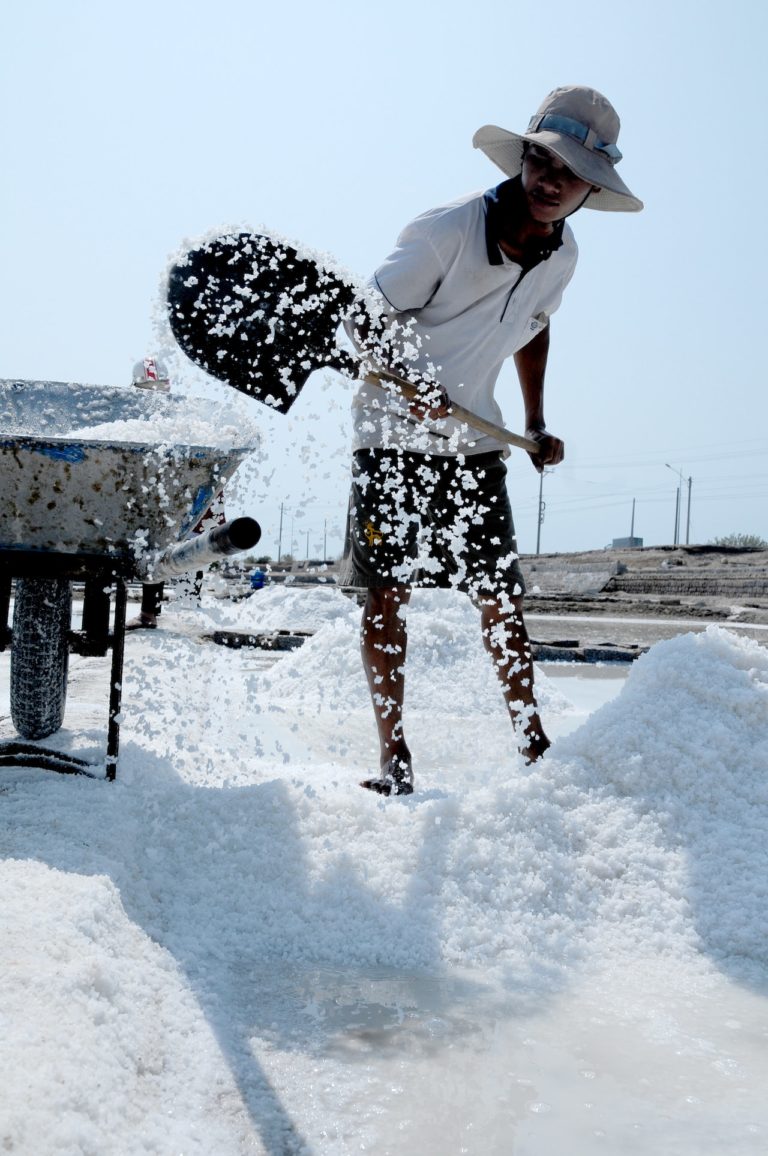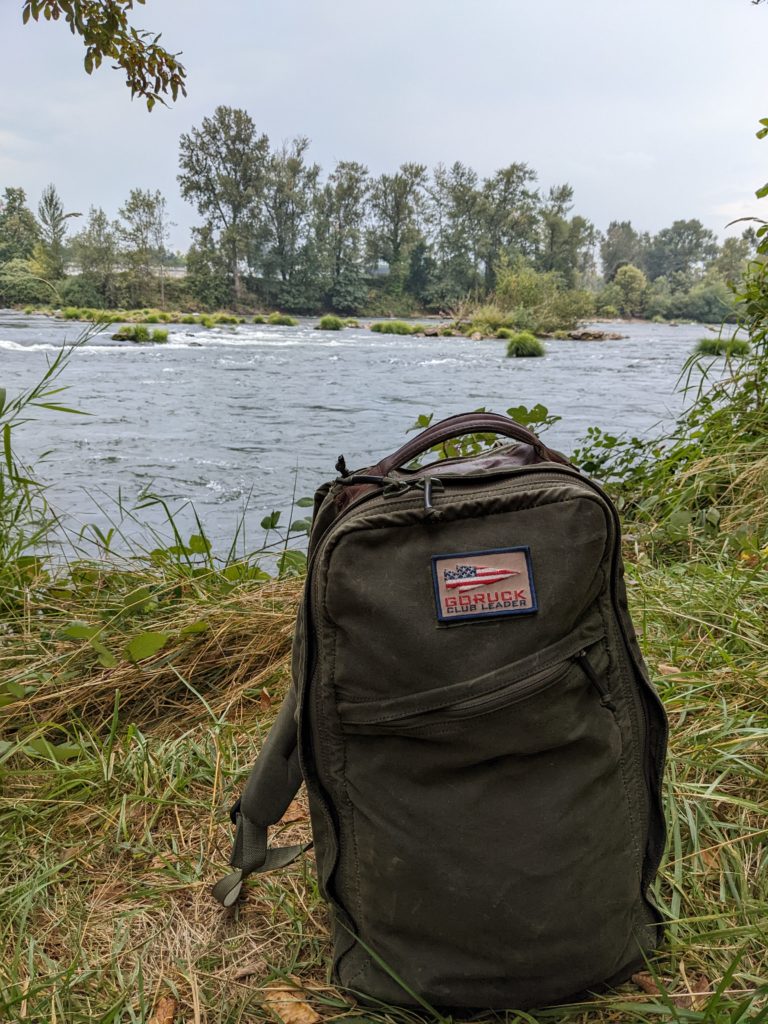Self regulation as a key to success – September Adventure Challenge
We wall want a life that’s successful, one where today is awesome, and tomorrow will be too! Full of adventure, joy, and connection with those we care about most. One of the keys to producing that life, is our ability to self-regulate mentally, physically, and emotionally. So, this month is going to be all about self regulation, and how we can use it to produce success for ourselves and those we team up with in life. We have a super special guest post to get things started!
At then end of the post, we’ve got our challenge for the month for you!
Larry Yatch is a 10 year veteran of the Navy SEALs, having served with distinction as an officer in SEAL Team 3 from 1998-2008 with over 200 successful missions in some of the most impossible environments imaginable. In his new book, “How Leadership Actually Works”, Larry details how self regulation relates to our leadership of our own lives and the lives of our teammates. Here’s an excerpt from his book. Enjoy!

Self-regulation is the reason not everyone is a leader—and why so few leaders are truly effective.
What does a marshmallow have to do with success?
About forty years ago, researchers at Stanford conducted a now-disputed psychological test where a group of four-, five- and six-year-olds gathered in a room and were given a marshmallow. They were told that if they could wait fifteen minutes before eating the marshmallow that they would get a second one, and then they could eat both of them. But if they ate their marshmallow before the fifteen minutes were up, there wouldn’t be a second one. Not surprisingly, some kids gobbled down their marshmallow, while others waited and were rewarded with a second one.
The psychologists did follow-up interviews with the participants every decade or so for the next thirty years, and their apparent results were astonishing. The children who had waited and earned a second marshmallow had better lives in almost every measurable sense. They did better in school. Their body-mass index was lower. Their health and financial accomplishments were better. They had lower rates of divorce and substance abuse rates. It seemed that the ability to delay gratification was a trait that served those kids well for the rest of their lives.
In recent years, these results have come under dispute. With the cohort of kids normalized according to their socioeconomic environments, the results don’t hold up. Critics of the study say that kids who come from a rough life were more likely to be abused, distrust the adults in their lives, or suffer from food insecurity that would make them more inclined to eat the marshmallow as well as have more to overcome in their lives.
Regardless of the structure of the study, it points to something significant that its critics are missing: people who have a tremendous ability to self-regulate—for example, people who graduate from Navy SEAL training—typically come from difficult environments that required early self-regulation. Which makes sense, basic SEAL training is designed solely to test your limits of self-regulation and weed out those who do not have enough. It follows then that if you have suffered early in life you have developed those skills of self-regulation. No one shows up at BUD/s and suddenly becomes adept at self-regulation.
Kids who grow up in an abusive family have to learn unbelievable levels of self-regulation to survive. A small child learns very quickly that saying one wrong word results in pain and suffering. In my experience, the more fucked up someone’s early life is, the more successful they can be in situations that require substantial amounts of self-regulation.
Another key thing to understand about this study, or at least its premise, is that self-regulation is a tool. Like language, you’re born with the capacity to develop it, but not the full use of that capacity. You must develop it, and you need to have the other pillars in place in order to develop self-regulation to its best use. Even with an extreme social environment or traumatic upbringing, without an understanding of success, team, and behavior you’ll have no idea where to direct the powers of self-regulation that you have developed.
Our development of self-regulation—even when it looks like a kid making a calculated decision to eat a marshmallow just in case there won’t be a second one because he’s learned that adults lie—determines our experience of success. Our ability to influence behavior and align to teams optimizes both self-regulation and success.
Imagine the optimized daily experience that you want to create and sustain, identify what teams you need to be on to create that optimal daily experience, and discern the type of behavior you need to exhibit in order to first be accepted on that team, and then to excel on it. Finally you will need to self-regulate to shape your actions into those necessary behaviors. In other words, leadership at this stage is still about you and how you act in relation to your world. Without effective self-regulation, we cannot yet step into the leadership of others.
Distinction: Self-regulation is the use of intention to control our behavior or thoughts.
Want more from Larry’s upcoming book? You can pre-order it at his website, www.howleadershipactuallyworks.com
Adventure Challenge
Use the knowledge that you are either strengthening your perseverance “muscle” or your quitting “muscle” on a daily basis to give you extra incentive to persevere.
Pick a week this month to execute this challenge. Each day that week, plan out a way to persevere, doing something hard and adding a deposit to your bank. Journal about your experience and share it on our monthly campfire.





